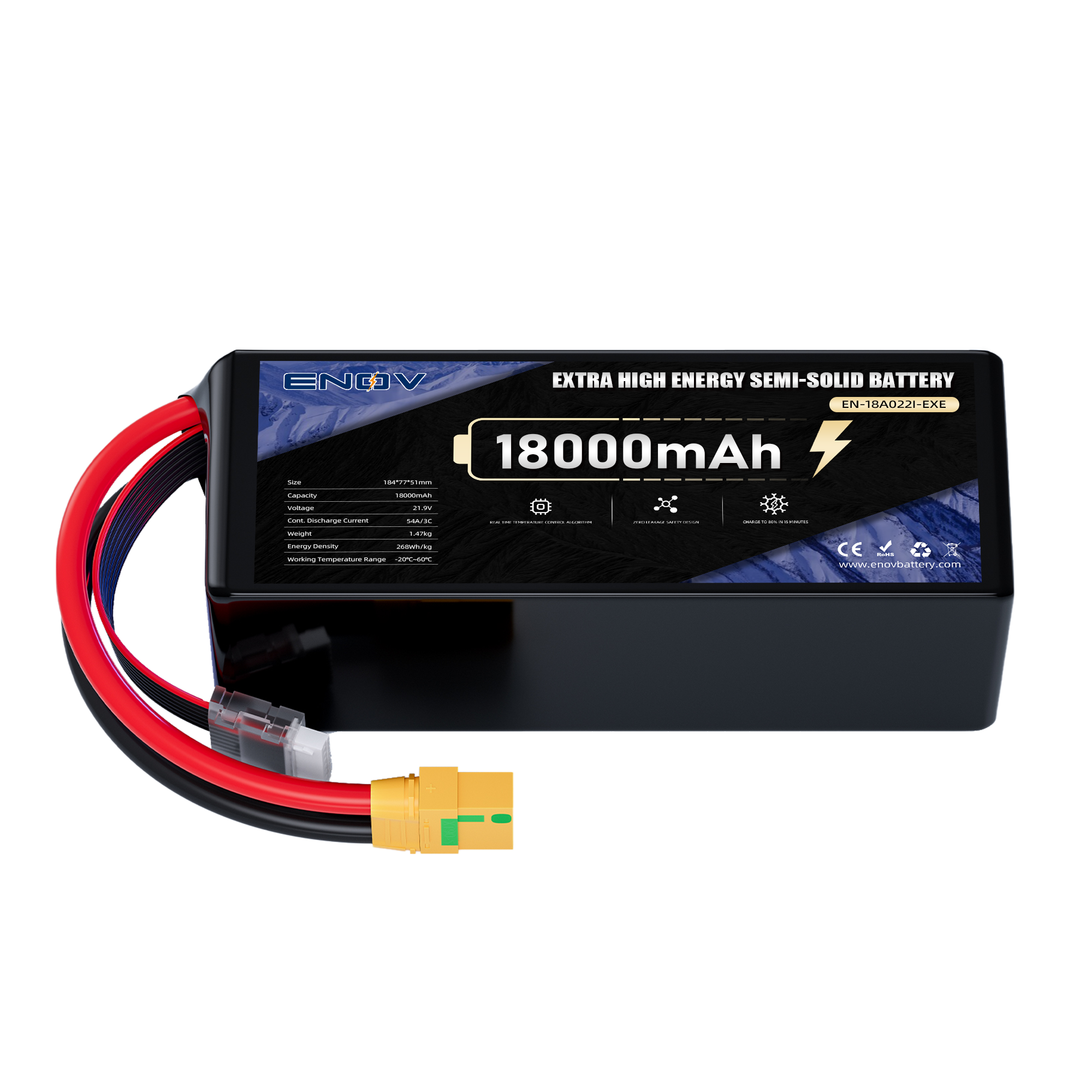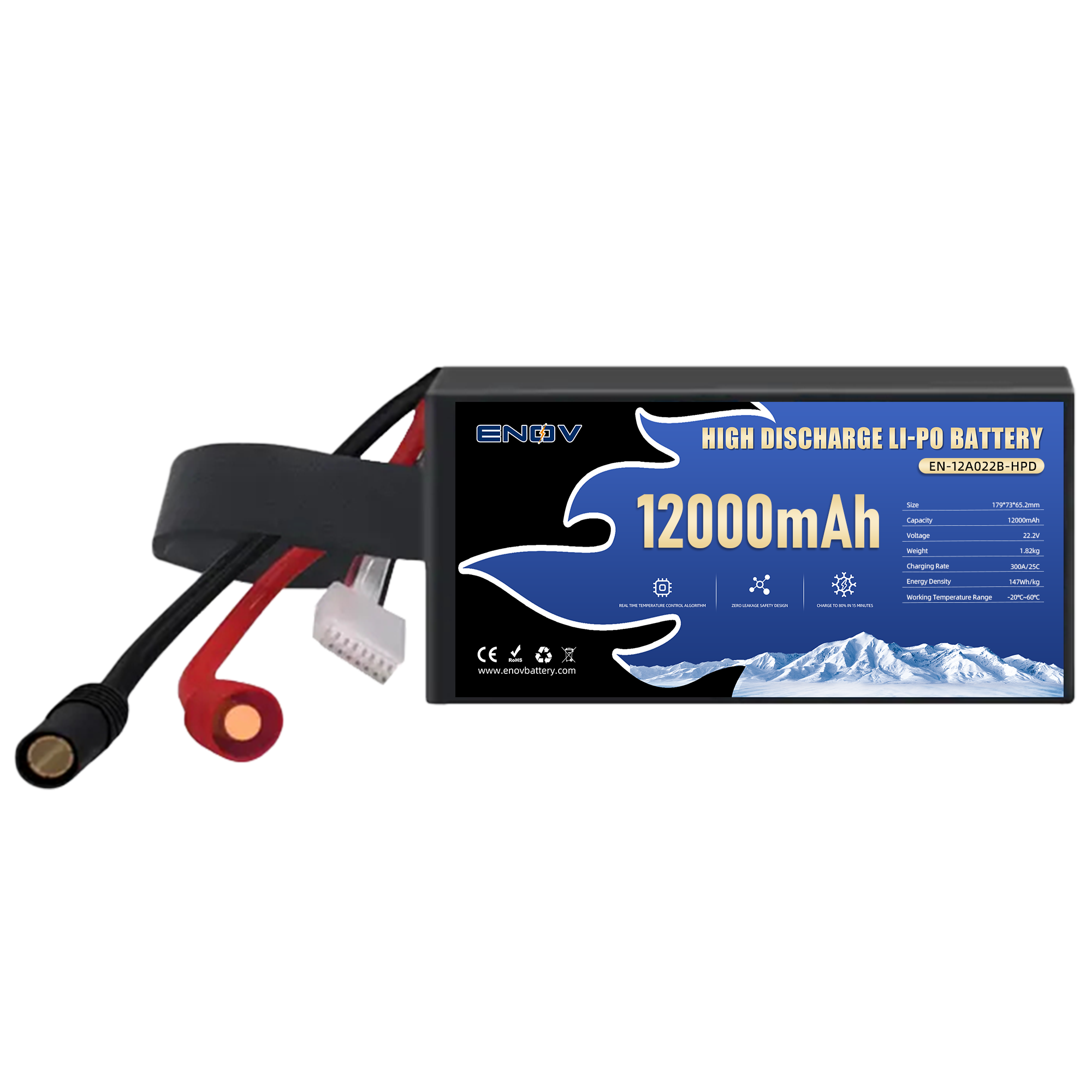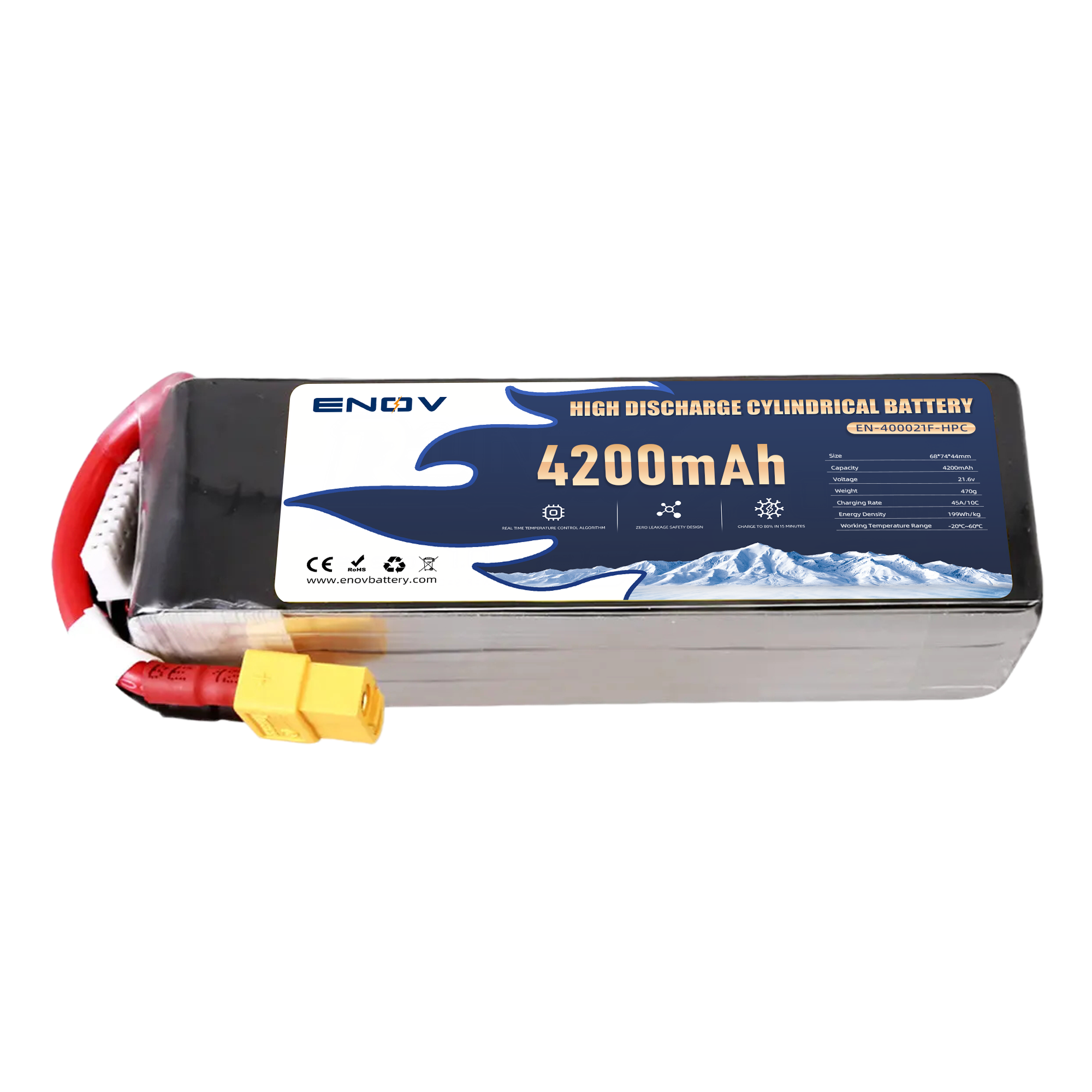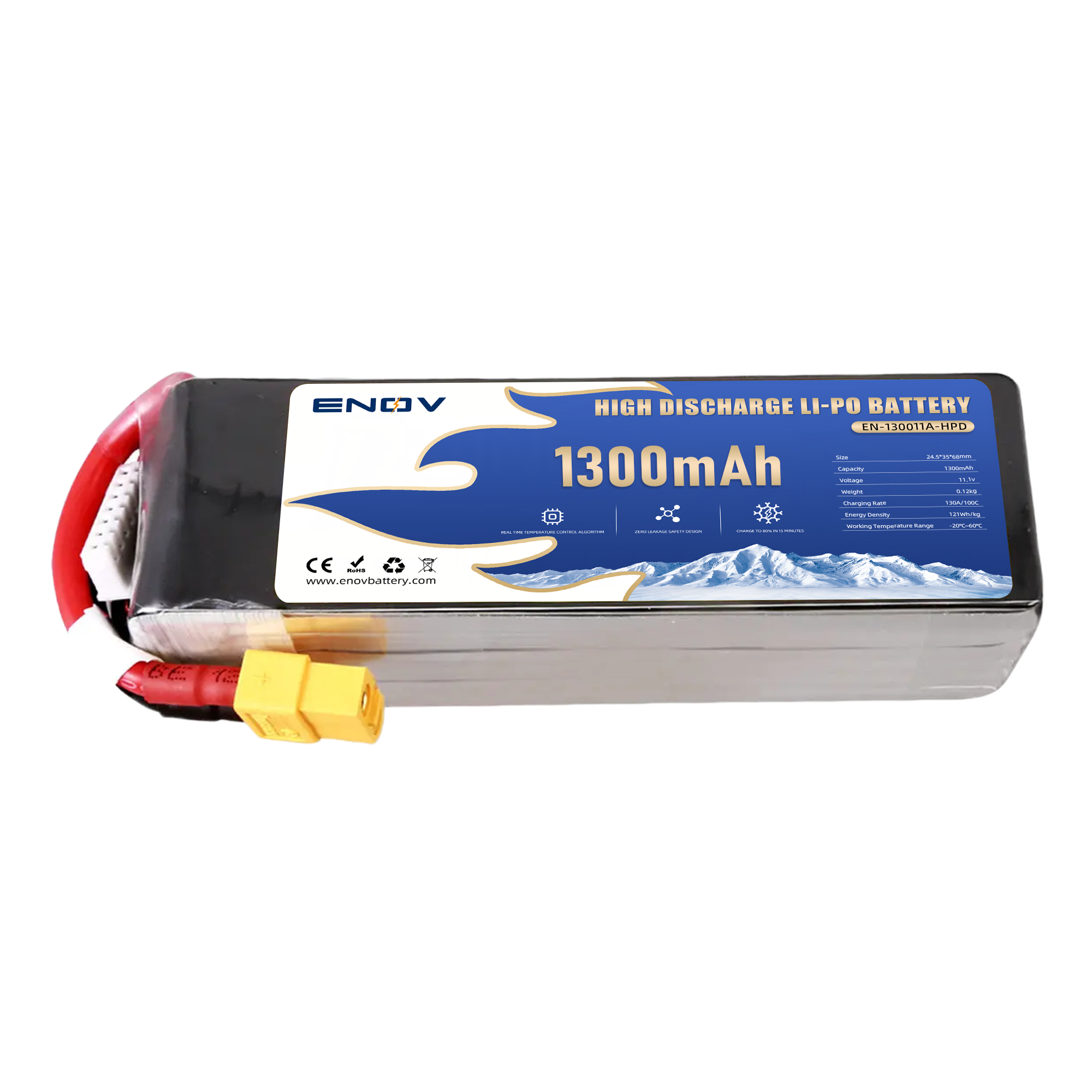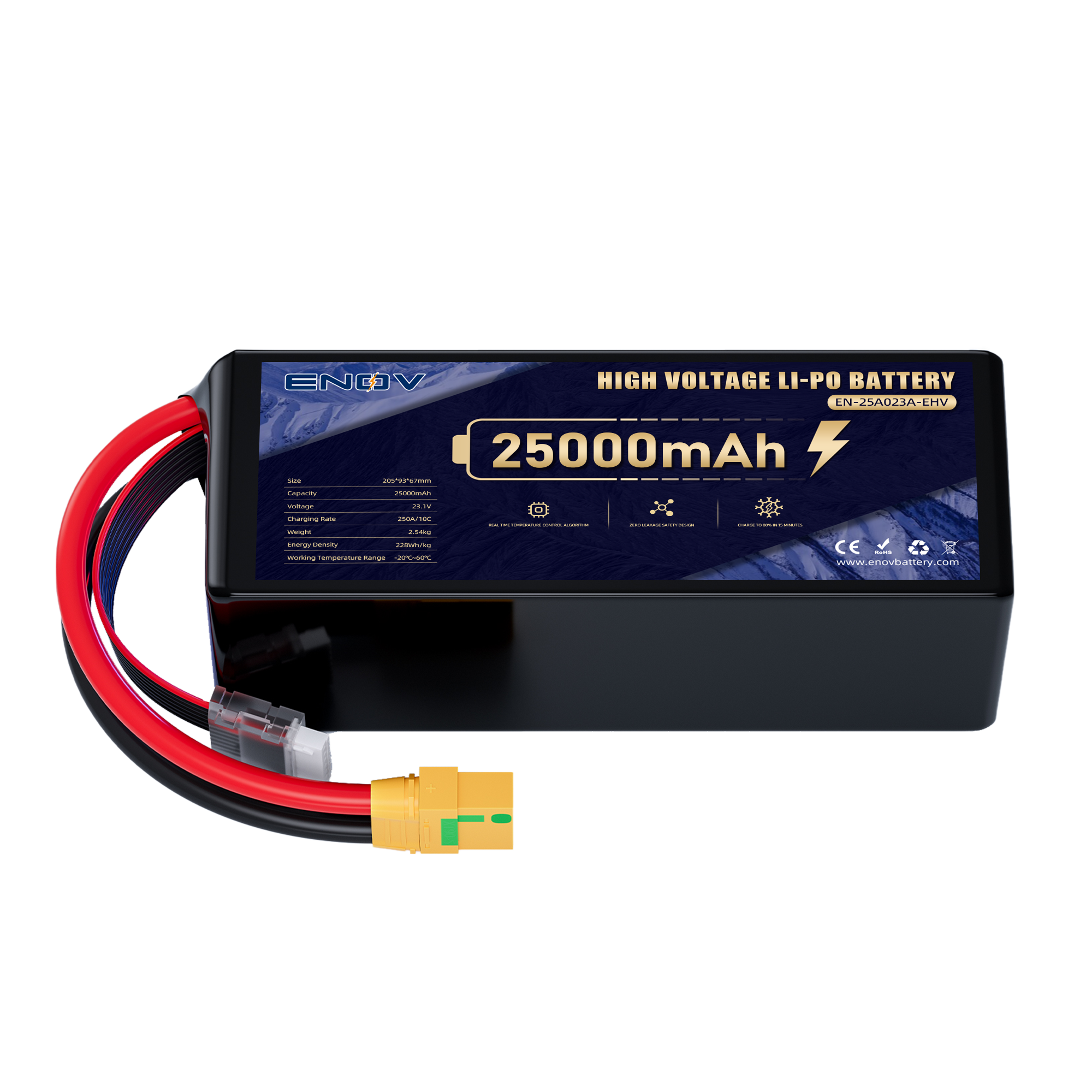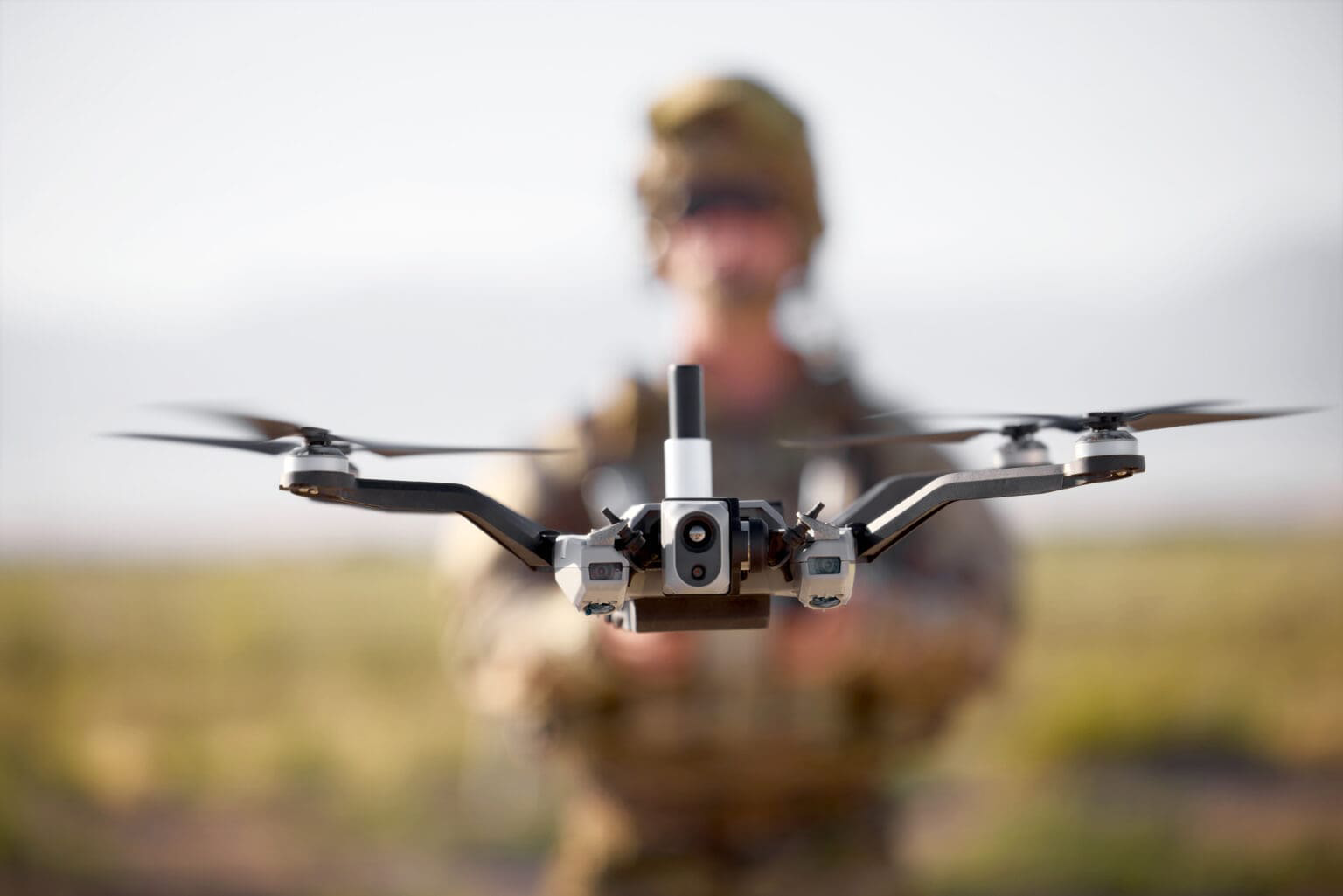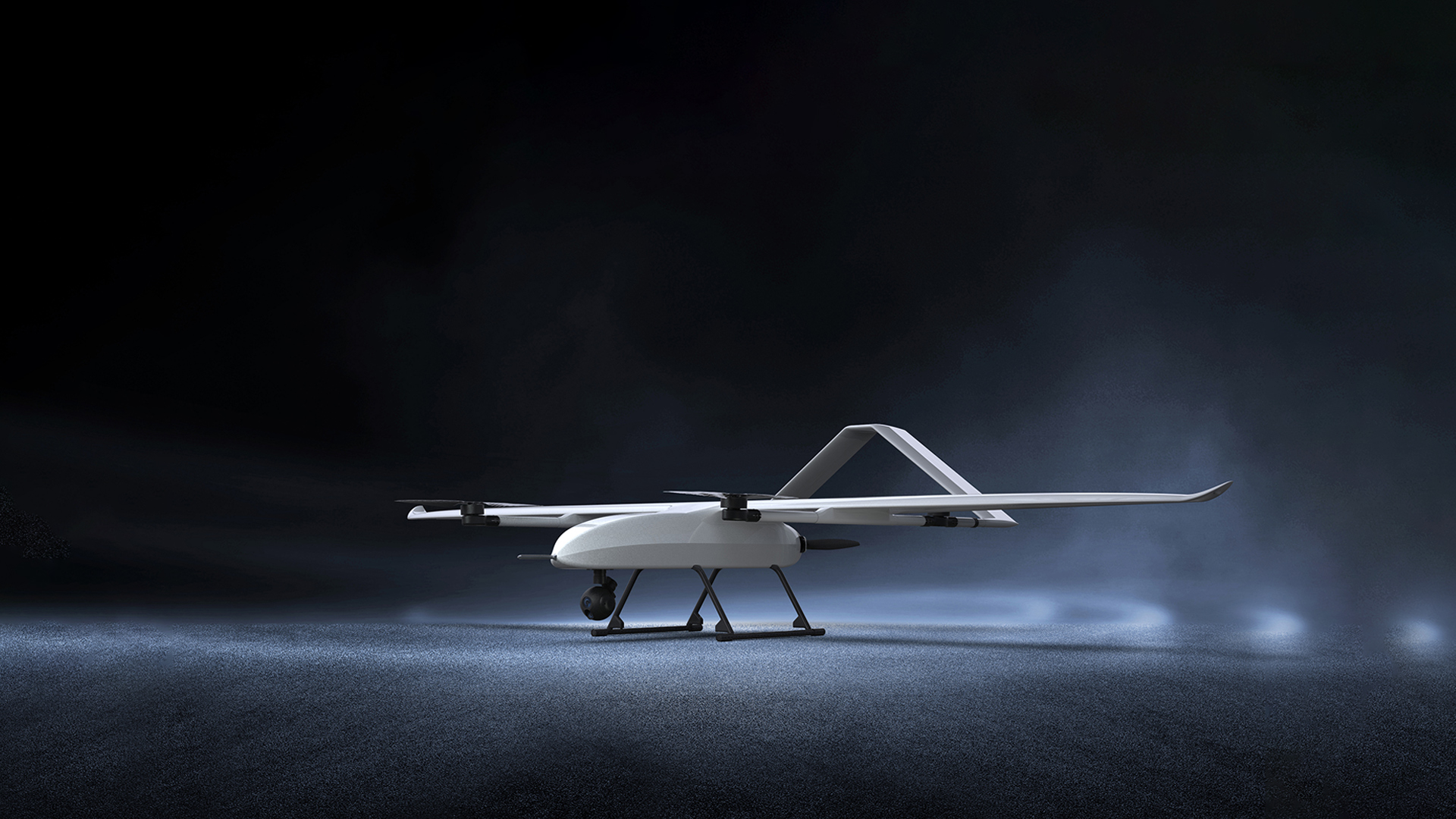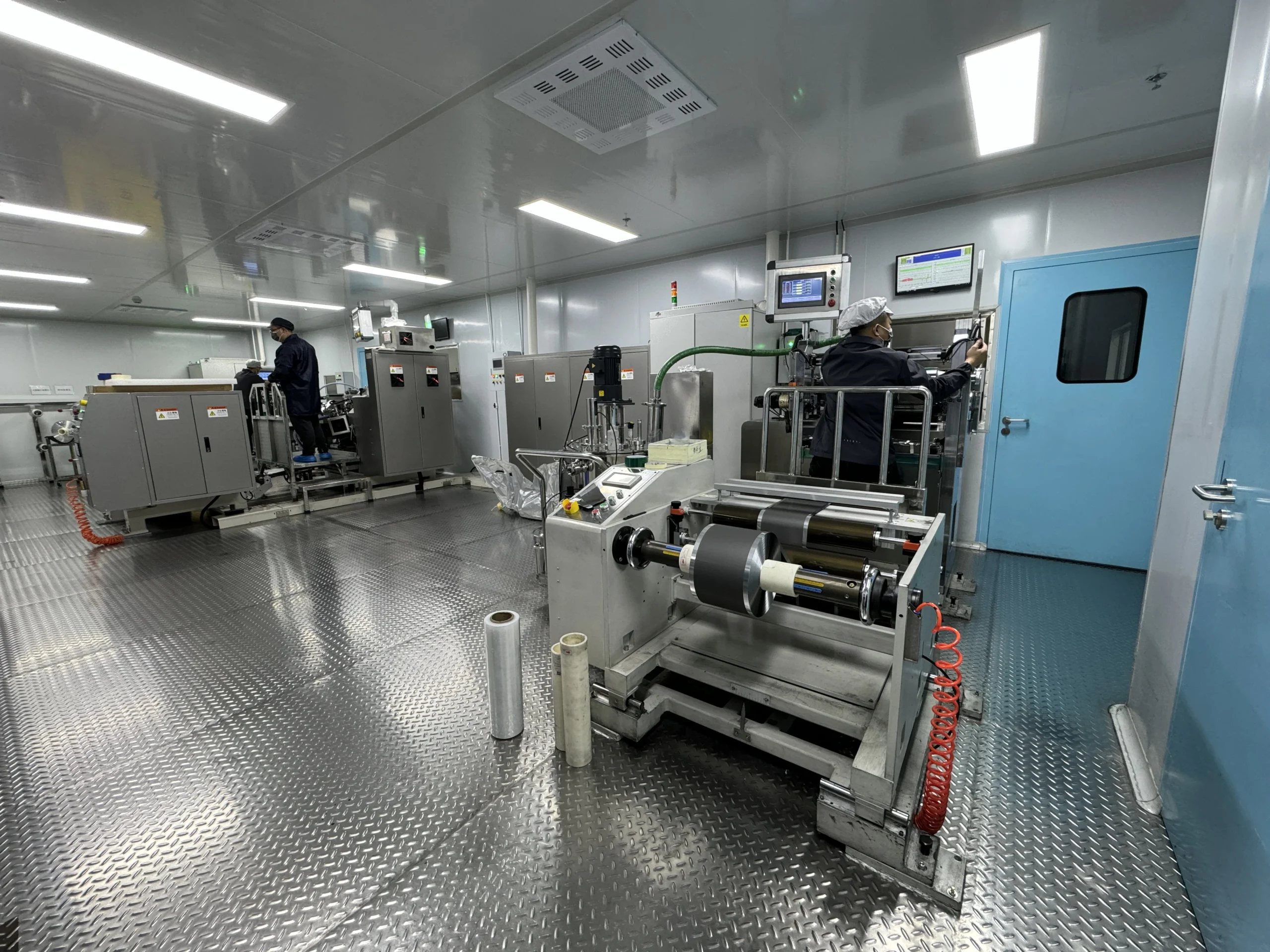Underwater Drone Protection: Monthly Seal Inspection Process for IP68 Cobalt Lithium Batteries
IP68-rated cobalt lithium batteries are essential for underwater drones, but their waterproof integrity depends on regular seal inspections. Monthly checks prevent saltwater ingress, corrosion, and catastrophic failures during submersible missions. This guide details a proven inspection protocol to maintain seal reliability and extend battery lifespan in aquatic environments.
main content
Why Monthly Seal Inspections Are Critical
Underwater drones face constant pressure changes, thermal cycling, and saltwater exposure, all of which degrade silicone seals over time. A compromised seal allows moisture to penetrate the battery casing, causing short circuits or lithium hydrolysis. For instance, a 0.1mm gap in a seal can flood a 10,000mAh battery within 30 minutes at 10-meter depths. Proactive monthly inspections mitigate these risks, ensuring uninterrupted operations.
Step-by-Step Seal Inspection Protocol
Begin by disconnecting the battery and cleaning its exterior with fresh water to remove salt or debris. Inspect seals under bright light for cracks, deformities, or discoloration. Use a magnifying glass to check the O-ring groove for particles that might break the seal. Apply food-grade silicone grease to maintain elasticity, then reassemble the casing. Finally, conduct a 30-minute shallow water test (1-2 meters) to confirm waterproof integrity before deep dives.
Tools for Effective Seal Maintenance
Invest in a seal inspection kit containing a pressure tester, UV dye, and a torque screwdriver. Pressure testing at 1.5x the rated depth (e.g., 15 meters for a 10-meter-rated battery) identifies micro-leaks. UV dye mixed with water reveals invisible cracks under UV light. A calibrated torque screwdriver ensures even pressure on screws during reassembly, preventing seal distortion.
Common Seal Failure Scenarios
Improper storage often accelerates seal degradation. Batteries left in direct sunlight develop brittle seals due to UV exposure, while those stored partially submerged accumulate biofilm that erodes silicone. Another frequent issue is over-tightening screws during reassembly, which flattens O-rings and creates gaps. Always follow manufacturer torque specifications—typically 0.5–0.7 Nm for IP68 casings.
Cost-Efficient Preventive Strategies
Rotate multiple batteries to distribute wear evenly, reducing inspection frequency per unit. Replace O-rings every six months or after 50 dives, whichever comes first. Partner with suppliers offering OEM seal kits, which cost 30–50% less than third-party alternatives. A marine research team cut battery replacement costs by 60% by adopting these practices across their 20-drone fleet.
Conclusion
Monthly seal inspections are non-negotiable for underwater drones relying on IP68 cobalt lithium batteries. By integrating pressure tests, proper lubrication, and controlled reassembly, operators safeguard against leaks and costly downtime. Prioritize this protocol—your missions depend on the thin line between watertight reliability and catastrophic failure.
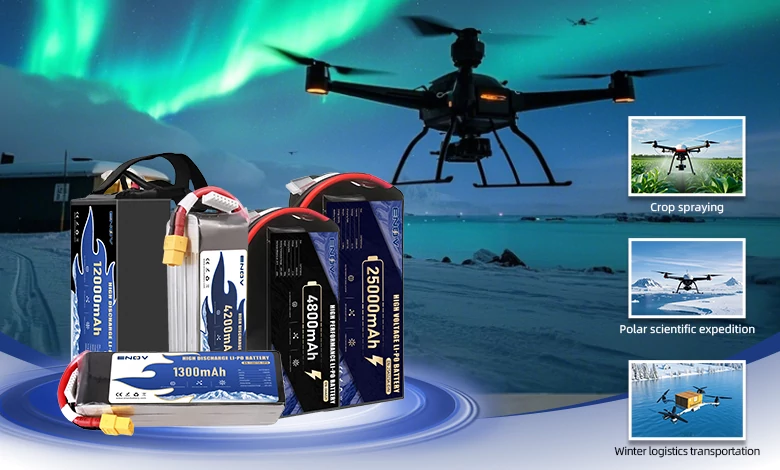
UAV DRONE battery
Enov UAV battery has the most advanced UAV battery new technology, it has a lightweight structural design, ultra-high energy density, stable continuous discharge, customized ultra-high instantaneous discharge, wide temperature working range, stable charge and discharge, battery materials can choose high nickel terpolymer positive/silicon carbon negative material system combined with semi-solid battery technology. Or choose a more mature application of more UAV lithium battery technology, available UAV battery nominal voltage 3.7V, capacity 18.0Ah ~ 30.0Ah, support 10C continuous discharge and 120C pulse discharge (3 seconds). With ultra-high energy density (220-300Wh/kg) as its core advantage, Enov UAV batteries can meet the needs of long-term endurance scenarios such as plant protection drones and transport drones, while maintaining stable emission performance in extremely low temperature environments (-40℃).
Other products
START-STOP LITHIUM BATTERY
LITHIUM ENERGY STORAGE BATTERY
QUICK INQUIRY
FAQ
Access to high frequency technical questions with one click, get accurate answers on product application, after-sales policy and customization process.
Service and Support
Get the latest product specifications, explore professional OEM/ODM customization services, click to open exclusive technical support and production solutions.
Become a Partner
We sincerely invite resources to interconnect, work together for win-win development, and immediately open a new chapter of strategic cooperation!
